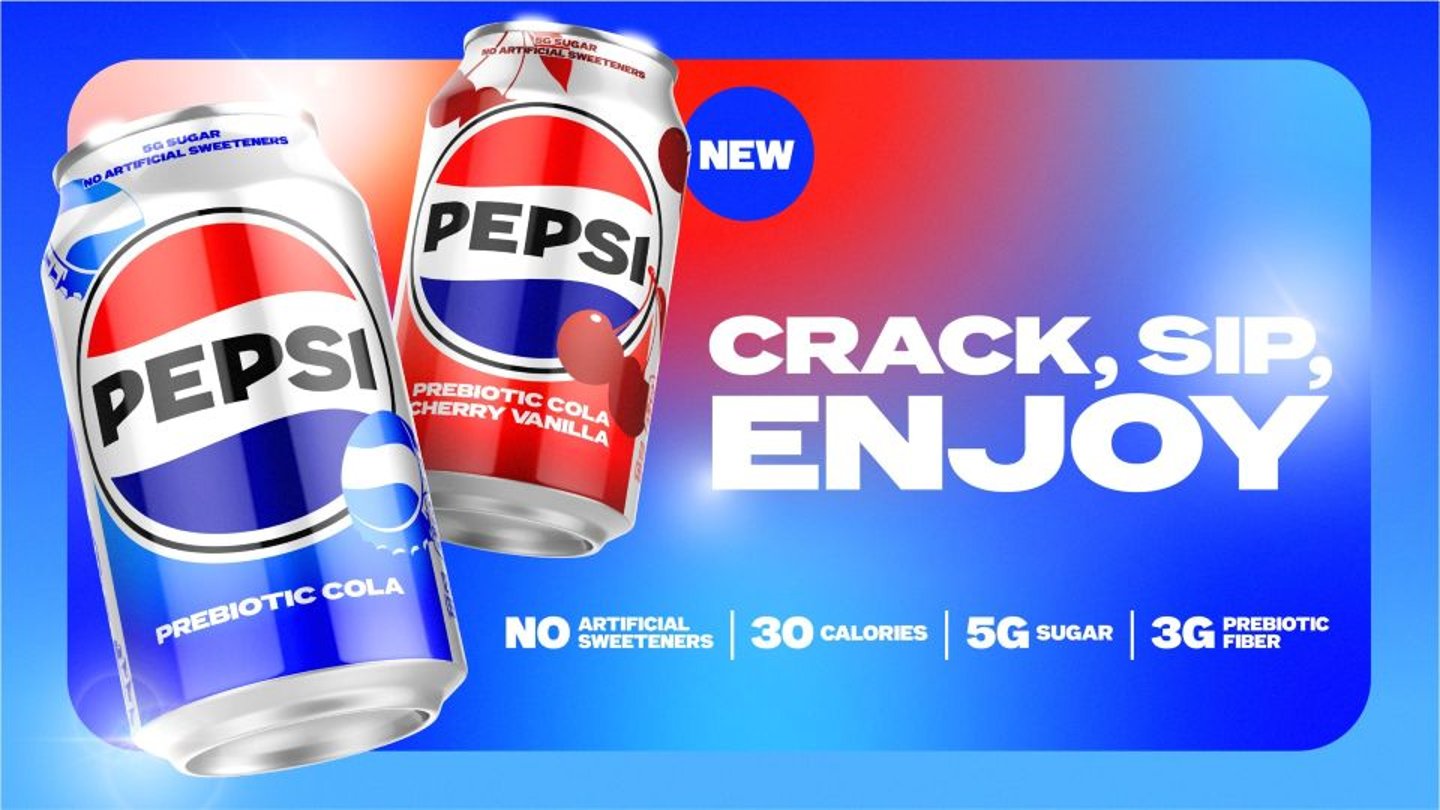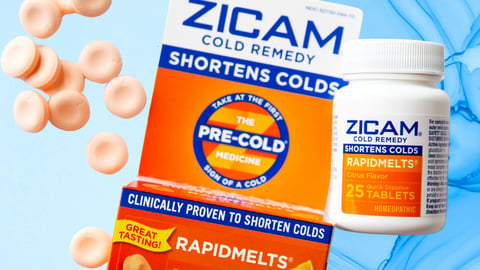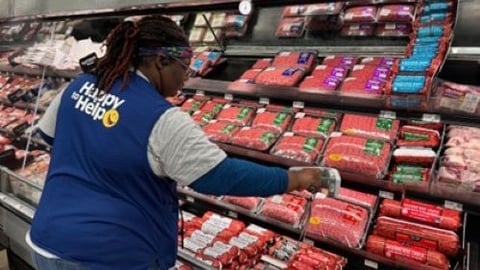PepsiCo Overhauls Go-to-Market Strategy With Tech, Wellness-Forward Approach
PepsiCo is undergoing a multi-year business shift as it looks to modernize systems to offset rising costs due to inflation and tariffs and better meet changing consumer needs, which include an increased focus on health and wellness.
As part of its earnings report, the company outlined several initiatives within its end-to-end transformation, among them are:
- Optimizing SKUs and reducing complexity.
- Expanding automation at plants, warehouses and distribution centers.
- Right-sizing manufacturing, warehousing and distribution assets and labor.
- Reducing waste throughout the value chain.
- Standardizing and simplifying processes, capabilities and services by scaling global capability centers.
- Accelerating technology and AI deployment, including agentic capabilities.
Also: PepsiCo launches cloud-based, agentic AI-first roadmap
Cost-cutting measures within the supply chain include optimizing its go-to-market strategy to drive increased focus on in-store selling and merchandising activities. As part of this, leveraging revenue management and price pack architecture capabilities to offer consumers more portion control, accessible price points on single-serve packages and multipacks, and increased market expansion for mini canisters.
The ongoing transformation has already resulted in improved service levels, order rates and lower costs per unit, the company reports. This is, in part, from Frito manufacturing changes, which included the closure of two plants to improve route efficiencies.
During the fourth quarter, PepsiCo plans to reduce nearly 15% of its SKUs, consolidate its distribution network, implement more efficient trade promotional spending and streamline workflows.
"Right-sizing our entire cost base is a priority, and significant productivity measures are in place for the current environment and will provide the fuel needed to invest in disciplined commercial activities that aim to accelerate growth," said CEO Ramon Laguarta during recent earnings conversations.
"We will mitigate incremental supply chain costs (primarily related to the sourcing of certain global inputs and ingredients and related tariff impacts) for the balance of this year through greater cost savings, sourcing adjustments and surgical revenue management actions," he added.
Moving Toward a Cleaner, Protein-Rich Portfolio
These infrastructure upgrades will help support a portfolio revamp that leans more heavily on functional and protein-rich foods and beverages in support of growing trends such as an increased use of GLP-1 medication and consumers becoming more nutritionally savvy.
As such, the company debuts a series of protein-heavy options, including Muscle Milk, Starbucks coffee with protein, Doritos Protein and Propel Protein Water, which blends electrolytes, protein and fiber.
"I think fiber will be the next protein," said Laguarta. "Consumers are starting to understand that fiber is a benefit that they need. It's actually a deficiency in U.S. consumers' diet and that will be elevated."
Also, PepsiCo will expand its zero-sugar offering and the distribution of Poppi, which it acquired earlier this year. The company also launches its own prebiotic soda brand as well as low-sugar Gatorade options.
Laguarta said the protein space is driving a lot of growth and consumers are becoming much more informed in the foods and drinks they consume — a trend that coincides with the company's move away from artificial flavors and colors, and toward better-for-you oils such as avocado and olive oil for brands such as Miss Vickie's, Baked Lay's and Lay's Kettle.
Lay’s and Tostitos will remove artificial colors and flavors by the end of the year, and new products called Doritos and Cheetos “NKD” will be free of artificial additives as well.
"I think it's a secular trend as well that consumers will be making more choices based on clean labels and ingredients. Not only the taste, but also the type of food that is in the brands," said Laguarta.





